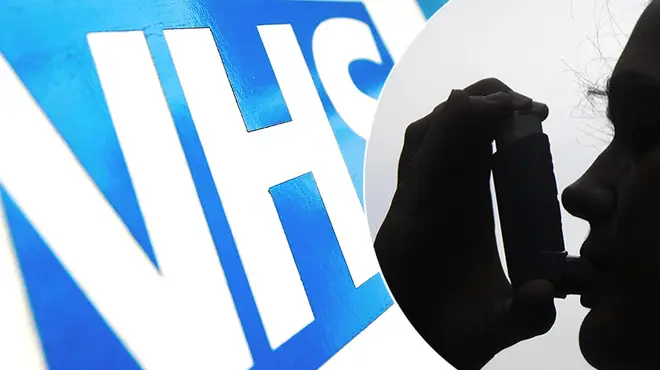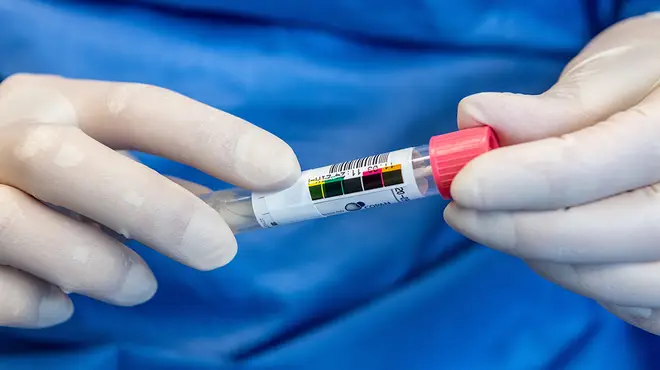
Nick Ferrari 7am - 10am
23 March 2020, 14:19

Letters are being sent to 1.5million vulnerable people in England from the NHS asking them to isolate and shield from coronavirus - but what is it? And who is on the list?
Coronavirus in the UK is putting extra pressure on the NHS so they and the government are asking those who are extremely vulnerable to now 'shield'.
Sending out 1.5million letters to those who are extremely vulnerable to Covid-19, the NHS are trying their best to protect those who are likely to suffer the worst symptoms of coronavirus.
Corornavirus faces on the frontline: Healthcare workers reveal sores after long shifts
So who are the letters going? Who are listed as the most vulnerable? And what is shielding? Here’s everything you need to know:

Letters and text messages are being sent to around 1.5million high risk coronavirus people from the NHS and government.
They are asking them to safely isolate at home to protect themselves from catching Covid-19 as they are more likely to be hospitalised.
This is for more than just those with underlying health conditions such as diabetes and severe asthma.
The NHS and government are asking for those being treated for specific cancers, anyone who has recently undergone an organ transplant and those with severe respiratory conditions like cystic fibrosis to also stay at home.
It also includes some people who take certain type of drug treatments that can suppress the immune system - leaving the body less likely to able to fight the virus.
Those who will receive a letter or message from the NHS will be asked to stay at home for the next 12 weeks to “shield” themselves from catching coronavirus.
This means you should not go to the shop or walk in public places as well as avoid face-to-face contact. The government is working on a plan to help those get essential deliveries like food.